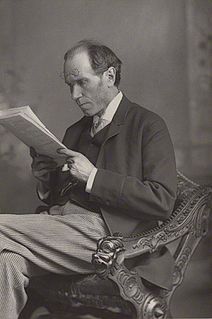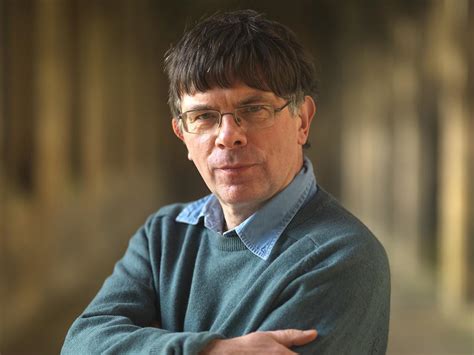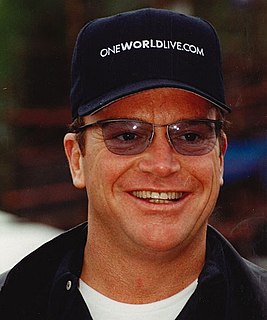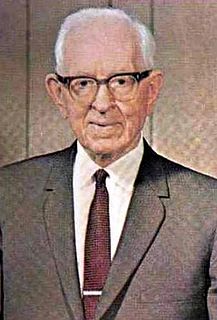A Quote by Pierre Louis Maupertuis
However dangerous might be the shock of a comet, it might be so slight, that it would only do damage at the part of the Earth where it actually struck; perhaps even we might cry quits if while one kingdom were devastated, the rest of the Earth were to enjoy the rarities which a body which came from so far might bring it. Perhaps we should be very surprised to find that the debris of these masses that we despised were formed of gold and diamonds; but who would be the most astonished, we, or the comet-dwellers, who would be cast on our Earth? What strange being each would find the other!
Quote Topics
Actually
Astonished
Being
Body
Bring
Came
Cast
Comet
Cry
Damage
Dangerous
Debris
Despised
Devastated
Diamonds
Dwellers
Each
Earth
Enjoy
Even
Far
Find
Formed
Gold
Gold And Diamonds
However
Kingdom
Masses
Might
Most
Only
Other
Our
Part
Perhaps
Quits
Rest
Shock
Should
Slight
Strange
Struck
Surprised
Very
Were
Which
While
Would
Would Be
Related Quotes
If these Essays were worthy of being judged, it might fall out, in my opinion, that they would not find much favour, either with common and vulgar minds, or with uncommon and eminent ones: the former would not find enough in them, the latter would find too much; they might manage to live somewhere in the middle region.
All at once we were madly, clumsily, shamelessly, agonizingly in love with each other; hopelessly, I should add, because that frenzy of mutual possession might have been assuaged only by our actually imbibing and assimilating every particle of each other's soul and flesh; but there we were, unable even to mate as slum children would have so easily found an opportunity to do so.
If the moon and earth were not retained in their orbits by their animal force or some other equivalent, the earth would mount to the moon by a fifty-fourth part of their distance, and the moon fall towards the earth through the other fifty-three parts, and they would there meet, assuming, however, that the substance of both is of the same density.
If one might wish for impossibilities, I might then wish that my children might be well versed in physical science, but in due subordination to the fulness and freshness of their knowledge on moral subjects. ... Rather than have it the principal thing in my son's mind, I would gladly have him think that the sun went round the earth, and that the stars were so many spangles set in the bright blue firmament.
I write for myself, and perhaps for half a dozen friends. And that should be enough. And that might improve the quality of my writing. But if I were writing for thousands of people, then I would write what might please them. And as I know nothing about them, and maybe I'd have a rather low opinion of them, I don't think that would do any good to my work.
If the earth were flat from east to west, the stars would rise as soon for westerners as for orientals, which is false. Also, if the earth were flat from north to south and vice versa, the stars which were always visible to anyone would continue to be so wherever he went, which is false. But it seems flat to human sight because it is so extensive.
If we were all given by magic the power to read each other’s thoughts, I suppose the first effect would be almost all friendships would be dissolved; the second effect, however, might be excellent, for a world without any friends would be felt to be intolerable, and we should learn to like each other without needing a veil of illusion to conceal from ourselves that we did not think each other absolutely perfect.
History can come in handy. If you were born yesterday, with no knowledge of the past, you might easily accept whatever the government tells you. But knowing a bit of history--while it would not absolutely prove the government was lying in a given instance--might make you skeptical, lead you to ask questions, make it more likely that you would find out the truth.







































